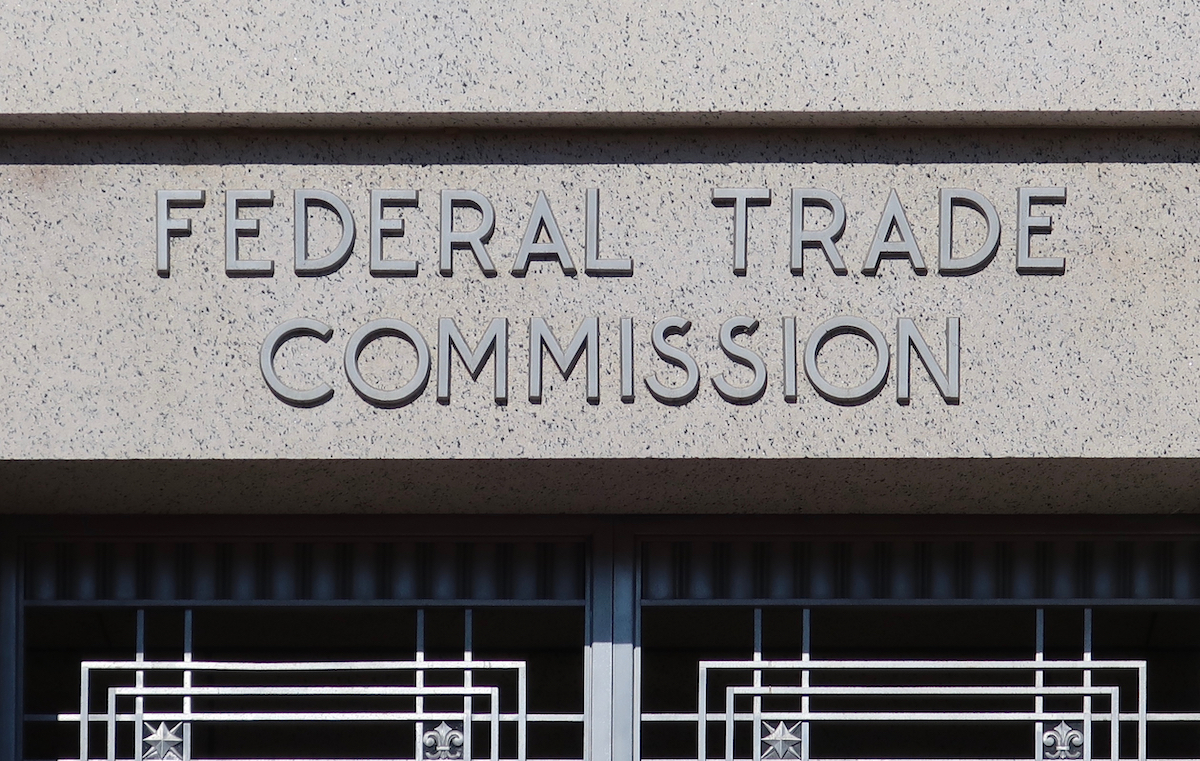
The Federal Trade Commission (FTC) announced on Tuesday its intention to appeal a Florida federal court decision that temporarily blocked the agency’s noncompete ban from being applied to a real estate firm based in The Villages. The FTC’s decision to challenge the ruling comes amid broader legal battles concerning the agency’s authority to regulate noncompete agreements.
According to Bloomberg, the appeal follows a ruling by a Texas federal judge last month that set aside the FTC’s noncompete rule on a nationwide basis. The Texas judge argued that the FTC lacks the authority to enact broad regulations aimed at addressing unfair methods of competition. This ruling, part of a case known as Ryan v. Federal Trade Commission, added significant legal pressure to the FTC’s efforts to enforce its rule, which was originally scheduled to take effect on September 4, 2024.
The FTC’s proposed rule sought to eliminate the use of noncompete clauses in employment contracts, which it argued restricted millions of workers from seeking new employment opportunities. The rule would have retroactively nullified approximately 30 million noncompete agreements across the country. It also mandated that companies provide written notice to affected workers that their noncompete agreements were no longer enforceable.
Read more: FTC’s Lina Khan Lauds Corporate Focus on Antitrust in Deal-Making
As Bloomberg reports, the noncompete rule was one of the most sweeping employment regulations in recent years, coming at a time when the U.S. Supreme Court is reviewing the scope of administrative agency authority in a separate case, Loper Bright Enterprises v. Raimondo. The outcome of that case could further define the limits of agencies like the FTC to issue regulations interpreting ambiguous statutes.
The FTC’s legal battles have expanded beyond the Texas and Florida courts, with lawsuits also being filed in Pennsylvania and other jurisdictions. In all cases, plaintiffs have sought to block the noncompete rule until a final decision on its merits is reached. Despite these legal hurdles, the FTC maintains that its ban on noncompete agreements falls squarely within its regulatory authority to protect workers from unfair competition practices.
Per Bloomberg, the appeal in Florida is seen as a key test of the FTC’s ability to defend the rule amid mounting opposition from business groups and certain state attorneys general, who argue that the federal government is overreaching into areas traditionally regulated by states.
Source: Bloomberg
Featured News
Electrolux Fined €44.5 Million in French Antitrust Case
Dec 19, 2024 by
CPI
Indian Antitrust Body Raids Alcohol Giants Amid Price Collusion Probe
Dec 19, 2024 by
CPI
Attorneys Seek $525 Million in Fees in NCAA Settlement Case
Dec 19, 2024 by
CPI
Italy’s Competition Watchdog Ends Investigation into Booking.com
Dec 19, 2024 by
CPI
Minnesota Judge Approves $2.4 Million Hormel Settlement in Antitrust Case
Dec 19, 2024 by
CPI
Antitrust Mix by CPI
Antitrust Chronicle® – CRESSE Insights
Dec 19, 2024 by
CPI
Effective Interoperability in Mobile Ecosystems: EU Competition Law Versus Regulation
Dec 19, 2024 by
Giuseppe Colangelo
The Use of Empirical Evidence in Antitrust: Trends, Challenges, and a Path Forward
Dec 19, 2024 by
Eliana Garces
Some Empirical Evidence on the Role of Presumptions and Evidentiary Standards on Antitrust (Under)Enforcement: Is the EC’s New Communication on Art.102 in the Right Direction?
Dec 19, 2024 by
Yannis Katsoulacos
The EC’s Draft Guidelines on the Application of Article 102 TFEU: An Economic Perspective
Dec 19, 2024 by
Benoit Durand